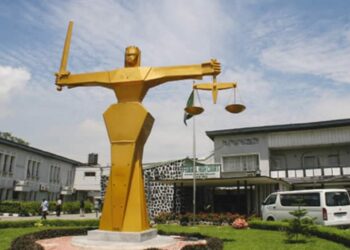In its bid to increase forex liquidity and prevent dollar shortages, the Central Bank of Nigeria (CBN) announced that it had injected $210 million into the interbank foreign exchange market.
Out of the money released, the apex bank offered the sum of $100 million to authorized dealers in the wholesale segment of the market while interests in the Small and Medium Enterprises (SMEs) segment received the sum of $55 million. Also, the sum of $55 million was apportioned to invisibles such as tuition fees, medical payments and Basic Travel Allowance (BTA).
Recall that the apex bank has directed all commercial banks in the country to sell foreign exchange across the counter also all Bureaux De Change (BDCs) are to access the foreign exchange window, thrice a week. Failure to do this could lead to reviewing their operating licenses.
Scarcity of Forex
The years 2016 and 2017 were marked by exchange rate volatility. The CBN was forced to implement supply management measures and devalue the country’s exchange rate. In addition, several 41 items were banned from the official foreign exchange list.
The difficulties in accessing foreign exchange led to several firms shutting down production and multinational firms reaching out their parent companies for loans. This also led to a sharp increase in the cost of goods and services with a foreign exchange component.
With the increase in crude oil prices and improved production volumes, the apex bank thus has enough liquidity to meet demand
Nigeria’s foreign reserves stood at $47.7 billion as at the 21st of May 2018. They are forecast to hit the $50 billion before year-end. The naira also appreciated to N362 to a dollar yesterday, stronger than the N366 to a dollar it was as at the close of business earlier this week.





















